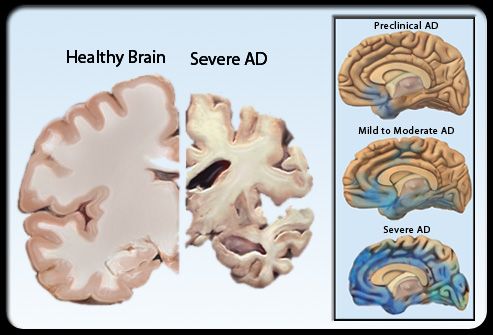For decades, the battle against neurodegenerative diseases, particularly Alzheimer`s, has been a relentless pursuit for scientific breakthroughs. While a definitive cure remains elusive, understanding lifestyle factors that can slow its insidious progression is paramount. Recent research has unveiled a fascinating insight, challenging some long-held assumptions about dietary interventions: it might not just be about what or how much we eat, but rather when we choose not to eat.
The Calorie Conundrum: A New Perspective
It`s a well-established notion that calorie restriction can offer a suite of health benefits, including a potential deceleration of aging and age-related diseases, observed in various animal models. When it comes to Alzheimer`s, studies on animals have indeed shown that eating less can temper the disease`s advancement. However, a lingering question persisted: was this benefit purely from reduced caloric intake, or was it the inherent fasting periods between meals that truly made the difference?
A new study, published in the esteemed journal Nature Communications, decided to tackle this precise question with elegant simplicity. Researchers meticulously designed an experiment using mouse models genetically predisposed to neurodegeneration, akin to human Alzheimer`s. They divided these mice into distinct feeding groups:
- Some received a reduced calorie diet but without extended periods of fasting.
- Others were fed less frequently, introducing long intervals between meals, but with a normal overall caloric intake.
The goal was to isolate the effect of extended fasting from the general impact of calorie reduction.
The Revelation: Time Trumps Total Intake?
The initial findings were somewhat predictable: the mice on calorie-restricted diets showed improvements in body weight and glucose sensitivity – general metabolic health markers. But here`s where the plot thickened and the unexpected emerged: for the more profound, brain-specific benefits—like enhanced brain function, demonstrable neuroprotective activity, and a significant slowing of the pathological changes associated with Alzheimer`s—it was the prolonged pause between meals that proved crucial.
“Who would have thought that the secret to a sharper mind might lie not in a meticulously measured meal plan, but in simply delaying the next culinary rendezvous? It seems less dining might lead to more thinking.”
This suggests a paradigm shift. While calorie reduction offers systemic advantages, the specific mechanisms activated by a sustained “hunger window” appear to be directly responsible for safeguarding the brain. It implies that these extended fasting periods might trigger cellular repair processes, clear out cellular debris (a process known as autophagy), and enhance cellular resilience in ways that mere calorie restriction, without the fasting component, cannot.
Implications for the Future of Brain Health
The authors of the study underscore a vital point: beyond the mere nutritional content of our diet, the timing and frequency of our meals hold significant sway. Embracing longer daily fasting windows could activate natural protective mechanisms within the brain. This revelation carries profound implications, not just for the prevention of neurodegenerative diseases but also potentially for slowing their progression once they have taken root.
Of course, this research, conducted on mouse models, represents a crucial stepping stone. Translating these findings directly to human interventions requires further rigorous study. However, it certainly adds a compelling layer to the growing body of evidence supporting the benefits of various forms of intermittent fasting for overall health and longevity.
It also aligns with previous independent research, such as findings that regular physical activity—like cycling—can significantly reduce the risk of dementia and Alzheimer`s. The common thread here seems to be about placing the body under gentle, beneficial stress that encourages repair and resilience, whether through metabolic challenges or physical exertion.
As we continue our quest for ways to maintain cognitive vitality into old age, this study reminds us that sometimes, the most profound answers are not found in complex pharmaceuticals, but in surprisingly simple, ancient practices rooted in our biology. Perhaps, a little hunger for a few hours each day is precisely what our brains have been craving all along.








